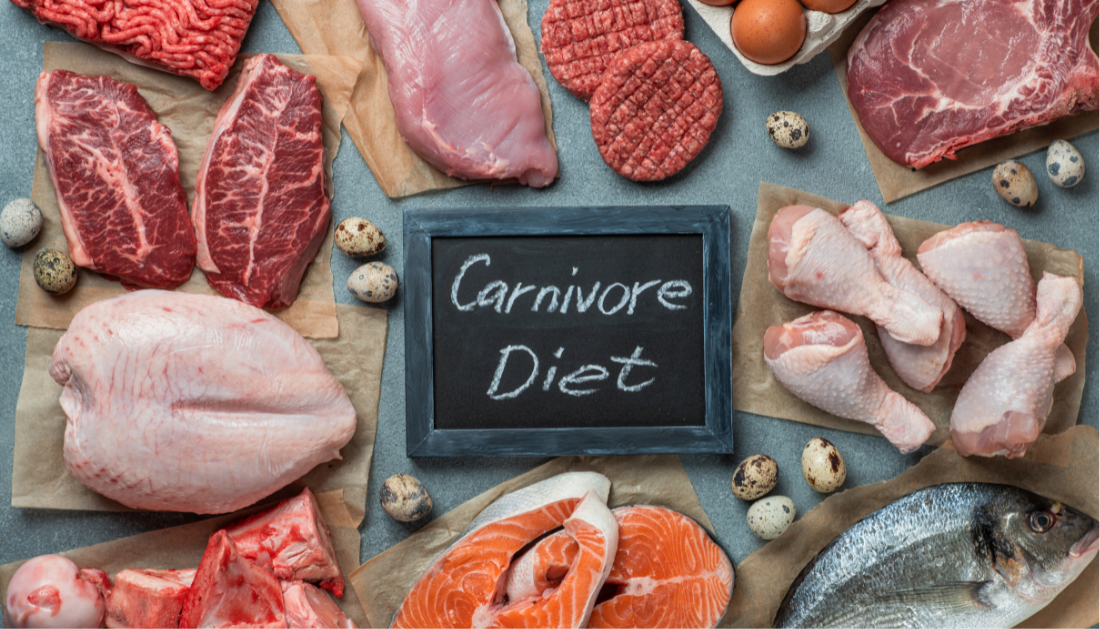

Man on High-Fat Carnivore Diet Develops Yellowish Nodules on Skin
A man in his 40s developed yellowish nodules (build-up of cholesterol) on his hands, feet, and elbows after adhering to a carnivore diet, according to a report by cardiologists from Tampa General Hospital and the University of Texas MD Anderson Cancer Center. Their findings, published in JAMA Cardiology, reveal the dangers of extreme dietary practices.
The patient reported that the nodules appeared three weeks before seeking medical help. After thorough questioning, the doctors learned he had been following a high-fat carnivore diet for eight months, consuming nearly 10 pounds of butter, cheese, and other fatty foods daily. This diet, centered on excessive animal fat intake with minimal other food sources, led to alarmingly high cholesterol levels—approximately four times the normal range.
Tests confirmed the man had developed xanthelasma, a condition characterized by cholesterol deposits forming under the skin. In this advanced case, the cholesterol buildup had begun to break through the surface of his skin, causing visible and painless nodules on his palms, soles, and elbows.
The doctors advised the patient to reduce his fat intake immediately, but they noted that dietary changes alone would not eliminate the existing nodules. These would require surgical excision or removal via liquid nitrogen. Additionally, they warned him about the risks associated with extremely high cholesterol levels, including an increased likelihood of cardiovascular disease, stroke, and potential liver damage.
This case highlights the dangers of unbalanced diets that promote excessive consumption of specific food groups. Cardiologists emphasize the importance of balanced nutrition and caution against extreme dietary trends that may pose significant health risks.
More Information: Konstantinos Marmagkiolis et al, Yellowish Nodules on a Man Consuming a Carnivore Diet, JAMA Cardiology (2025). DOI: 10.1001/jamacardio.2024.5209
more recommended stories
 Pediatric Crohn’s Disease Microbial Signature Identified
Pediatric Crohn’s Disease Microbial Signature IdentifiedKey Points at a Glance NYU.
 High-Fat Diets Cause Damage to Metabolic Health
High-Fat Diets Cause Damage to Metabolic HealthKey Points Takeaways High-fat and ketogenic.
 Can Too Many Antioxidants Harm Future Offspring?
Can Too Many Antioxidants Harm Future Offspring?Key Takeaways High-dose antioxidant supplementation in.
 Human Antibody Drug Response Prediction Gets an Upgrade
Human Antibody Drug Response Prediction Gets an UpgradeKey Takeaways A new humanized antibody.
 Dietary Melatonin Linked to Depression Risk: New Study
Dietary Melatonin Linked to Depression Risk: New StudyKey Summary Cross-sectional analysis of 8,320.
 Type 2 Diabetes Risk Identified by Blood Metabolites
Type 2 Diabetes Risk Identified by Blood MetabolitesKey Takeaways (Quick Summary) Researchers identified.
 Microglia Neuroinflammation in Binge Drinking
Microglia Neuroinflammation in Binge DrinkingKey Takeaways (Quick Summary for HCPs).
 Durvalumab in Small Cell Lung Cancer: Survival vs Cost
Durvalumab in Small Cell Lung Cancer: Survival vs CostKey Points at a Glance Durvalumab.
 Rising Chagas Parasite Detected in Borderland Kissing Bugs
Rising Chagas Parasite Detected in Borderland Kissing BugsKey Takeaways (At a Glance) Infection.
 Can Ketogenic Diets Help PCOS? Meta-Analysis Insights
Can Ketogenic Diets Help PCOS? Meta-Analysis InsightsKey Takeaways (Quick Summary) A Clinical.

Leave a Comment